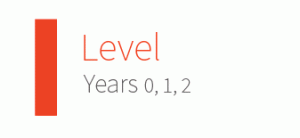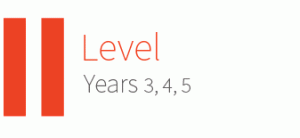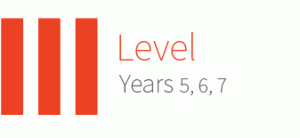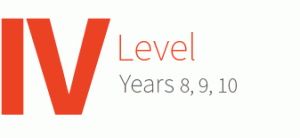THE LEVELS

Integrated pre-school year: The admittance of children at the age of 5 enables them a smooth transition from family life and life in kindergartens to living and learning at school.
Open teaching in multi-age groups: In the first three years the 5 to 8 year olds live and learn together. The younger children learn from the older ones and not just from the adults. Every child learns at its own speed, without the pressures of time, achievement and marks.
Comprehensive learning: There is no time table, there are no subjects. The school day follows a rhythm that takes into account the needs of the children. Playing and going outside are as important as learning and practising. There is a balance between quiet time and movement, concentration and relaxation.

Open teaching in multi-age groups: The pupils are offered exercises and support according to their individual abilities and needs while learning and practising basic skills (reading, writing, arithmetic).
Projects: A large part of the time in school is reserved for comprehensive, practical learning in the form of class and year group projects. The results of the projects are presented to the school public (examples: circus performances, public reading of self-written fairy tales and stories, theatre shows, films etc.).
First steps to learning the first foreign language: All children learn English from year 3 in an appropriate way: acting, playing, communicating …

Learning in “fields of experience”: Learning at this level is still not separated into subjects, but is organized in “fields of experience”, from which the subjects are later derived: interaction of people with people (social studies); interaction of people with things: inventing, creating, performing (arts); interaction of people with things: observing, measuring, experimenting (sciences); interaction of people with thoughts, spoken and written matters (languages, mathematics); interaction with your own body (sport and play).
Setting by optional subjects: Instead of setting pupils by ability the Laboratory School divides them according to subject choices. From year 5 onwards the pupils can learn French or Latin as a 2nd foreign language. Parallel to that, the pupils can choose courses in practical learning. They can try out and develop their special abilities and interests in these courses.
Projects and excursions: Teaching in “fields of experience” often involves units of several weeks, often in the form of a project. In year 7 the pupils participate in a two-week excursion connected to sport, for which they do their own planning and cooking as part of a special household curriculum.

Individual qualification profiles: The choice of optional subjects in different courses allows the young people to achieve individual qualification profiles. Besides the classic main subjects (maths, German, English, science) there are courses in technology, art, drama, sport, etc.
Insight into the world of work and economy: Each pupil completes three periods of work experience. In year 8 they spend two weeks in the production industry, in year 9 they spend three weeks in the service industry and in year 10 they can spend up to two weeks in an area of work of their own choice and one week in a type of school in which they might continue their education.
Yearly projects: The pupils work on a bigger theoretical or practical project each year. The choice of a topic and of the supervising teacher is part of the task as well as completing the projects independently.
Learning for Europe: The pupils spend two weeks in another European country using English as lingua franca. Their exchange partners make a two-week return visit to the Laboratory School. During the exchange they work together on a joint project.
FROM THE BOARD
